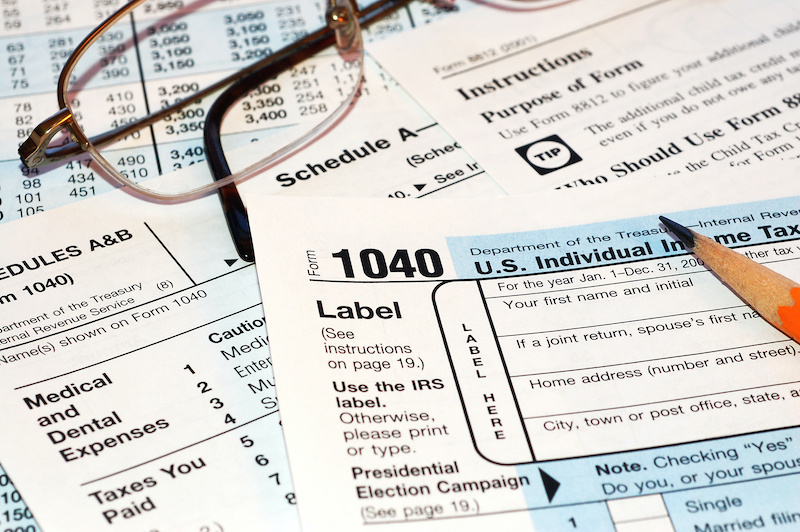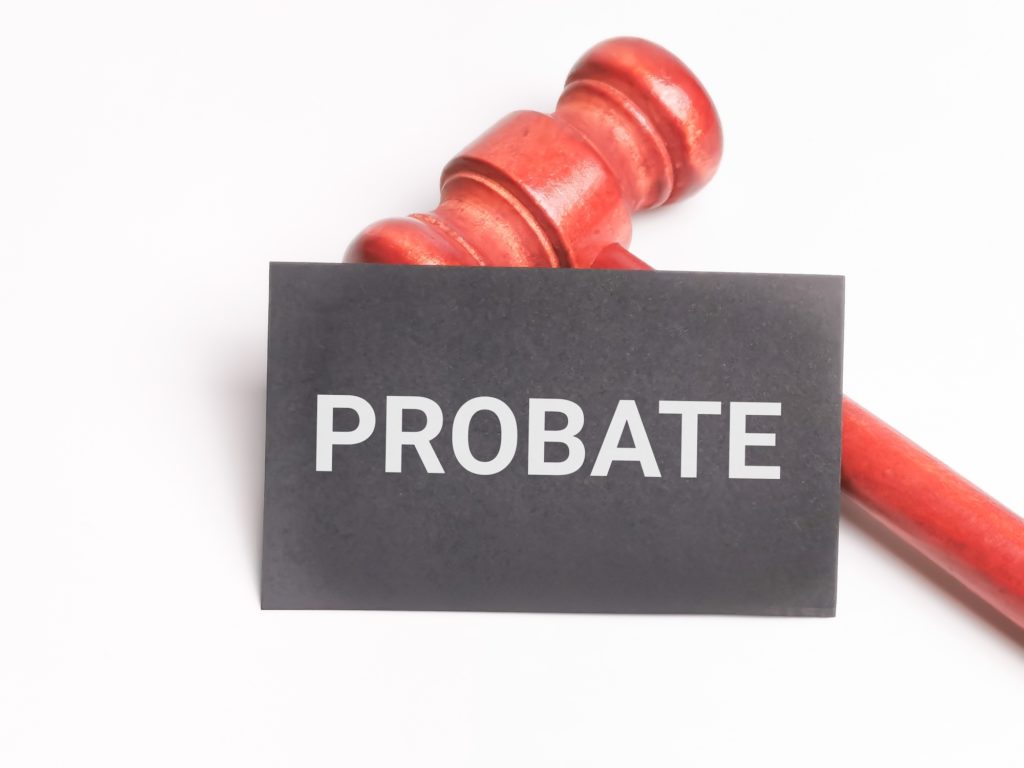 Are Probate Court Records Public In California?
Are Probate Court Records Public In California?
In California probates, the public has access to probate court records. Contact the probate court clerk in any county where an attorney filed probate. Request to view the filed documents. For a fee, you can even obtain copies of filed documents from the clerk. Also, the last will and testament becomes a public record once someone files it in probate court, unless a court order keeps it private. In addition, neither the California Public Records Act nor the Federal Freedom of Information Act apply to court records.
What If Someone Dies And I Have Their Will In My Possession?
What if someone you know dies while you remain in possession of their will? The probate code requires that you deposit the will with probate court. An attorney deposits the will in the superior court in the county where the decedent lived. This occurs regardless of whether probate court was initiated. You will not incur a fee from the clerk to do this. Keep in mind also that the court does not accept wills for people who are still alive.
How Do Court Creditors Get Paid in California Probates?
 The California probate code provides a process for possible payment to the decedent’s creditors. Once someone opens a probate case, the probate court proceeding appears in a newspaper. They publish it in the city where the decedent lived. This publication alerts the decedent’s creditors that they may file claims in the probate court proceeding for any amounts due. They must file the claim with the court on a specific form and within a specific period of time. The executor or administrator may approve the claim and pay it out of estate assets. Conversely, the executor or administrator may reject the claim. If this occurs, the creditor may further pursue claims in the probate court proceeding. If sufficient monies do not remain in the estate, the court pays remaining creditors’ claims on a pro-rata basis. The court may order assets of the decedent’s estate sold to generate funds to pay creditors.
The California probate code provides a process for possible payment to the decedent’s creditors. Once someone opens a probate case, the probate court proceeding appears in a newspaper. They publish it in the city where the decedent lived. This publication alerts the decedent’s creditors that they may file claims in the probate court proceeding for any amounts due. They must file the claim with the court on a specific form and within a specific period of time. The executor or administrator may approve the claim and pay it out of estate assets. Conversely, the executor or administrator may reject the claim. If this occurs, the creditor may further pursue claims in the probate court proceeding. If sufficient monies do not remain in the estate, the court pays remaining creditors’ claims on a pro-rata basis. The court may order assets of the decedent’s estate sold to generate funds to pay creditors.
How Are Federal and State Taxes Handled in California Probates?
The date of death establishes the close of the decedent’s last tax year for the filing of income tax returns. The date of death also establishes an estate as a new separate entity for tax purposes. For federal taxes, your tax preparer may file a Final Form 1040, which is the decedent’s last personal income tax return. In addition, a Form 1041 Federal Fiduciary Income Tax return for the estate may be filed. Your tax preparer may also file a Form 709 Federal Gift Tax Return and a Form 706 Federal Estate Tax Return. For the State of California, the executor or administrator will file any needed state income tax returns and state fiduciary income tax returns for the probate period. Estate and gift tax returns may also be required. Other taxes may have to be paid from the estate, such as personal property taxes and business taxes.

